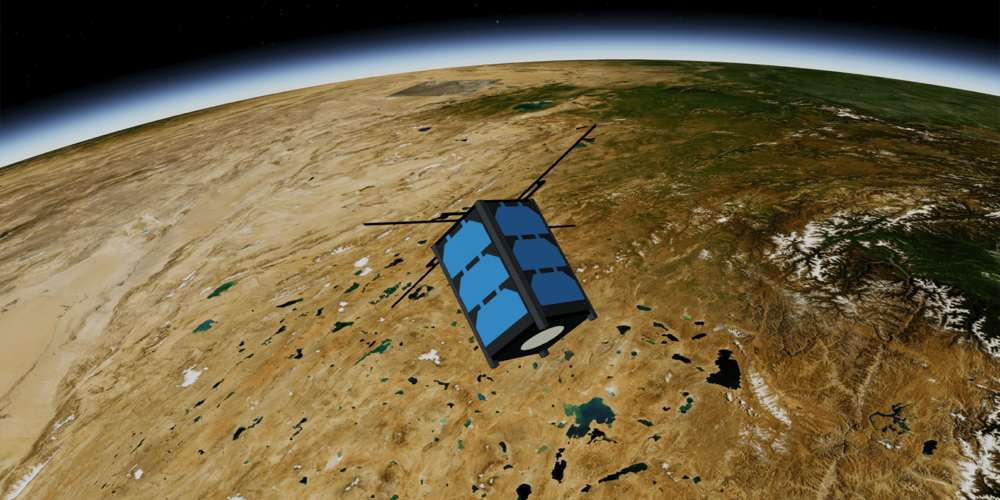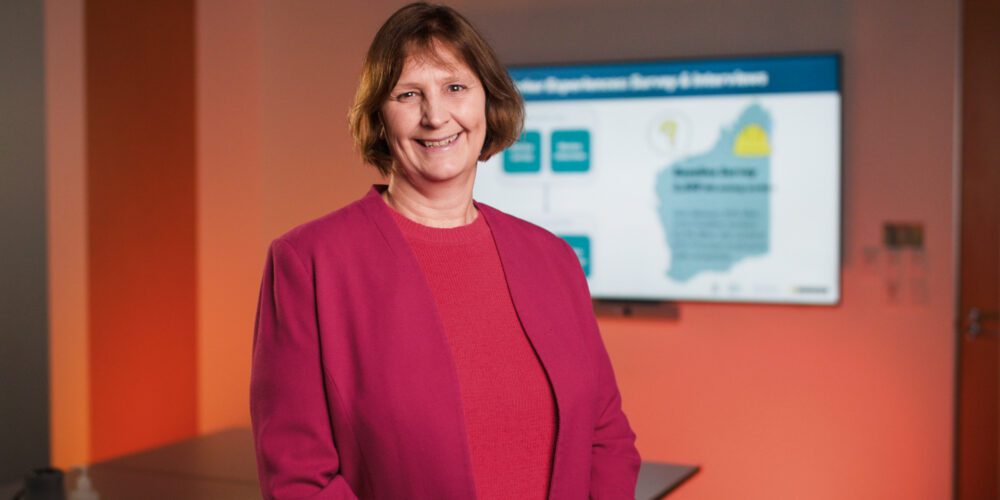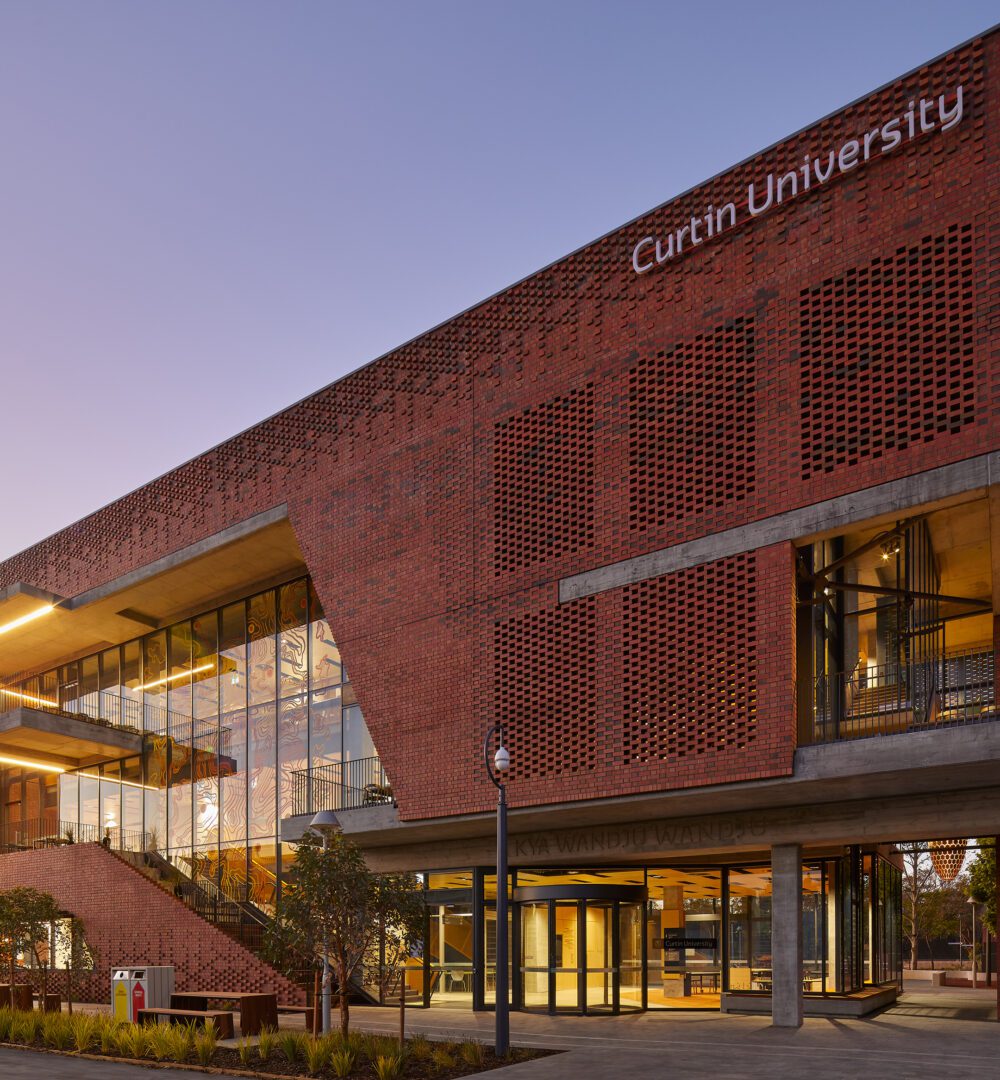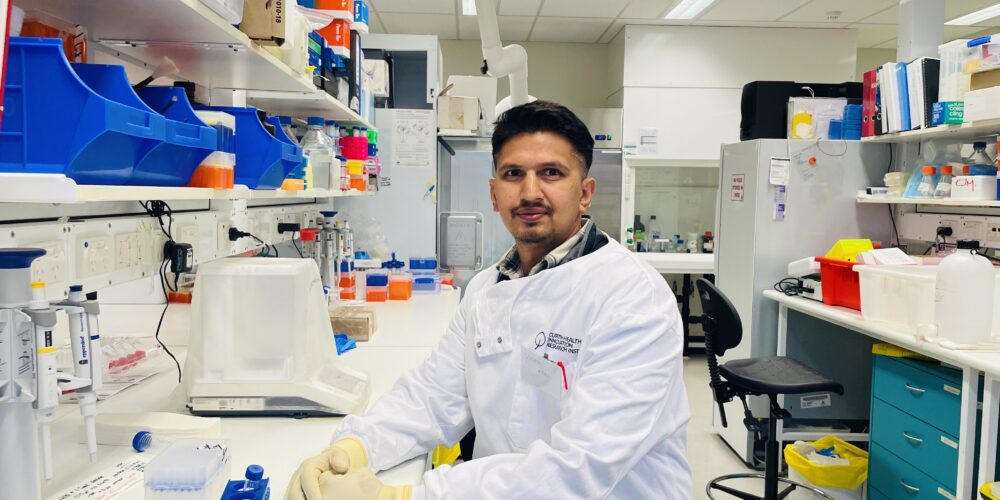Japanese space startup Space BD to launch Curtin University CubeSats into orbit

Curtin University and Tokyo-based start-up company Space BD Inc will together launch two CubeSat miniature satellites into orbit from the Japanese Experiment Module Kibo on the International Space Station (ISS).
Space BD Inc is the official service provider selected by JAXA in the area of ISS utilisation and satellite launch service.
Curtin University has been planning and developing the satellites named Binar-1 (1U CubeSat) and Binar-2 (3U CubeSat) since 2018. These satellites will be the first pair of satellites launched from Curtin University as well as the first from Western Australia.
The project is led by Professor Phil Bland at the Space Science and Technology Centre at Curtin University. Professor Bland, along with a team of 12 Curtin staff and student engineers have developed the miniaturised satellites.
Space BD’s engineering team will provide Curtin University with technical integration services at each stage of the project including safety assessment reviews, the launch to the ISS and deployment of the satellites from the Kibo module on the ISS.
Comment from John Curtin Distinguished Professor Phil Bland, Director of Curtin University’s Space Science and Technology Centre (SSTC)
“The Space Science and Technology Centre at Curtin University is looking forward to working with Space BD, using their expertise and guidance to bring our two miniature satellites in to orbit, which will be such an exciting and rewarding experience for our design and engineering team.
The Binar CubeSat Bus is around 10cm by 10cm by 2.5cm and is about the size of a rather small sandwich.
The power, computer, steering and communications are all on a single, eight-layer printed circuit board, which means there is more room for what the satellite is carrying – a camera that will capture beautiful images of Australia taken from orbit.
The compact single-circuit board system also presents a more cost-effective alternative than those currently being produced by other manufacturers.
Curtin’s Binar small satellite technology will also be used as part of the recently launched AROSE consortium that brings together the best of Australian industry, with the most advanced technology, and leading WA scientists to deliver solutions that will benefit the Australia-NASA Moon-to-Mars program,” Professor Bland said.
Comment from Daisuke Takahashi, Manager, Marketing, Satellite Launch Services, Space BD
“It is my honour to be involved in such a special satellite launch mission with Curtin University, as it is the first satellite from the university as well as Western Australia in history. Space BD believes that our service using the ISS Kibo is the easiest and most efficient in-orbit demonstration platform in space. We are glad that utilising Japanese Space assets will contribute to the progress of the Space industry in Australia. As the Japanese leading company in the ISS utilisation, Space BD will continue our best efforts to accelerate the commercialisation of Kibo by accommodating and stimulating a diverse range of missions and users.”
*This media release was issued jointly by Curtin University and Space BD Inc.



